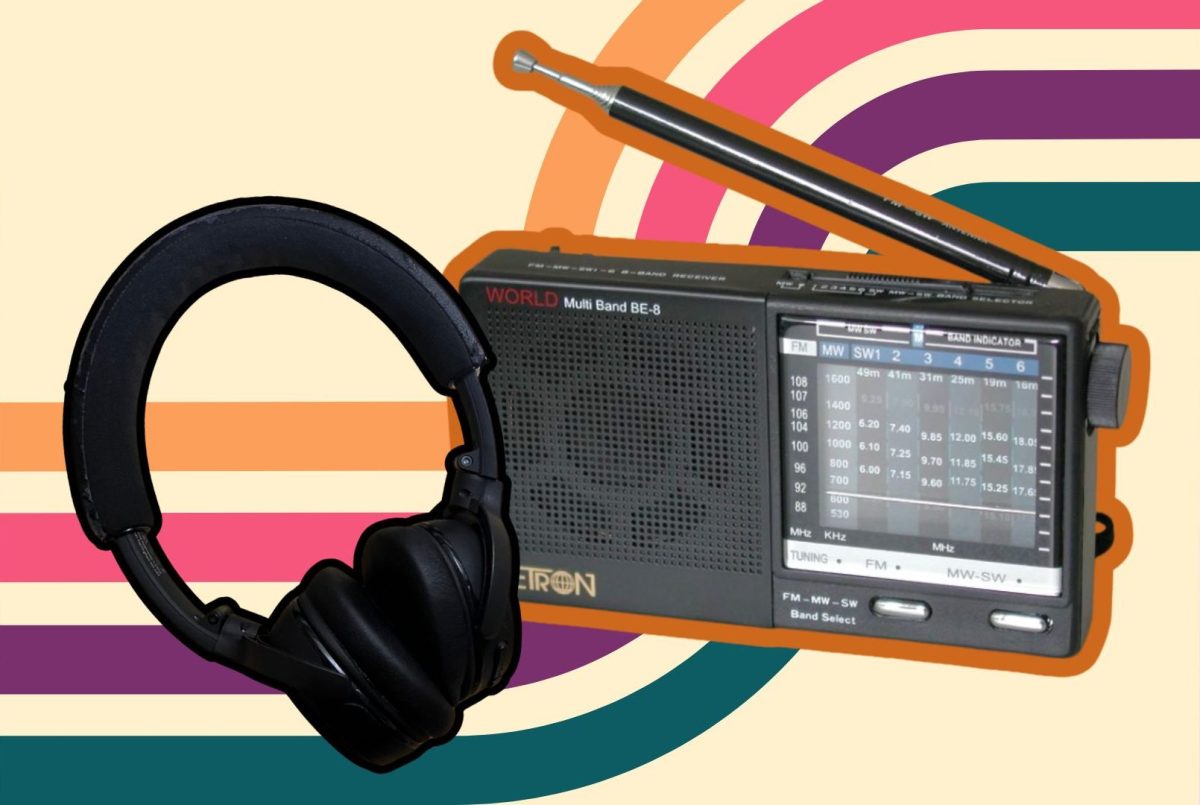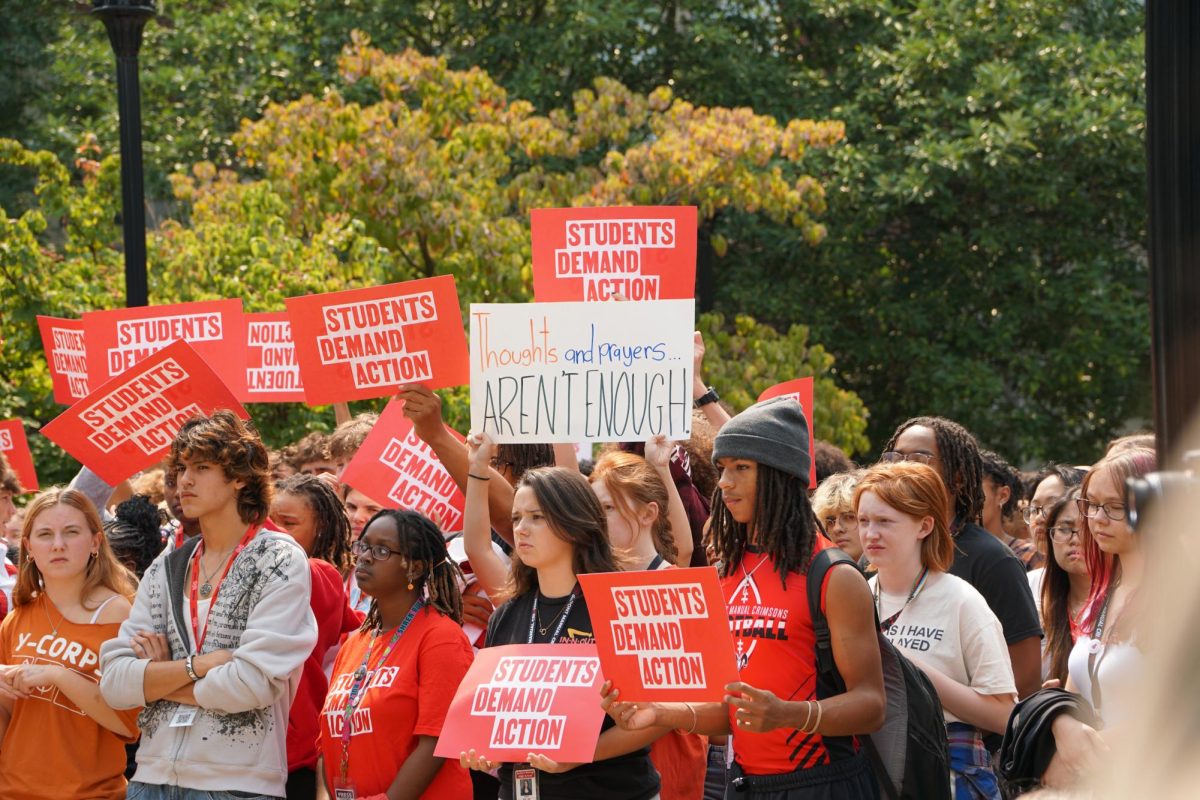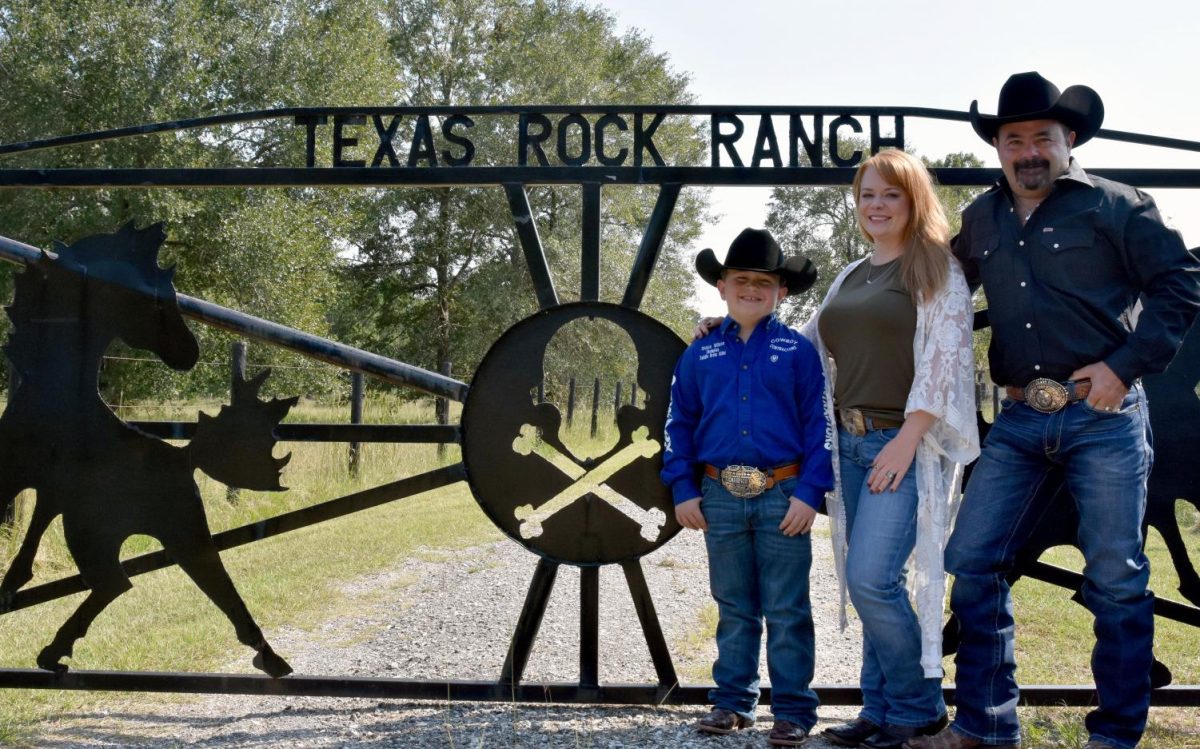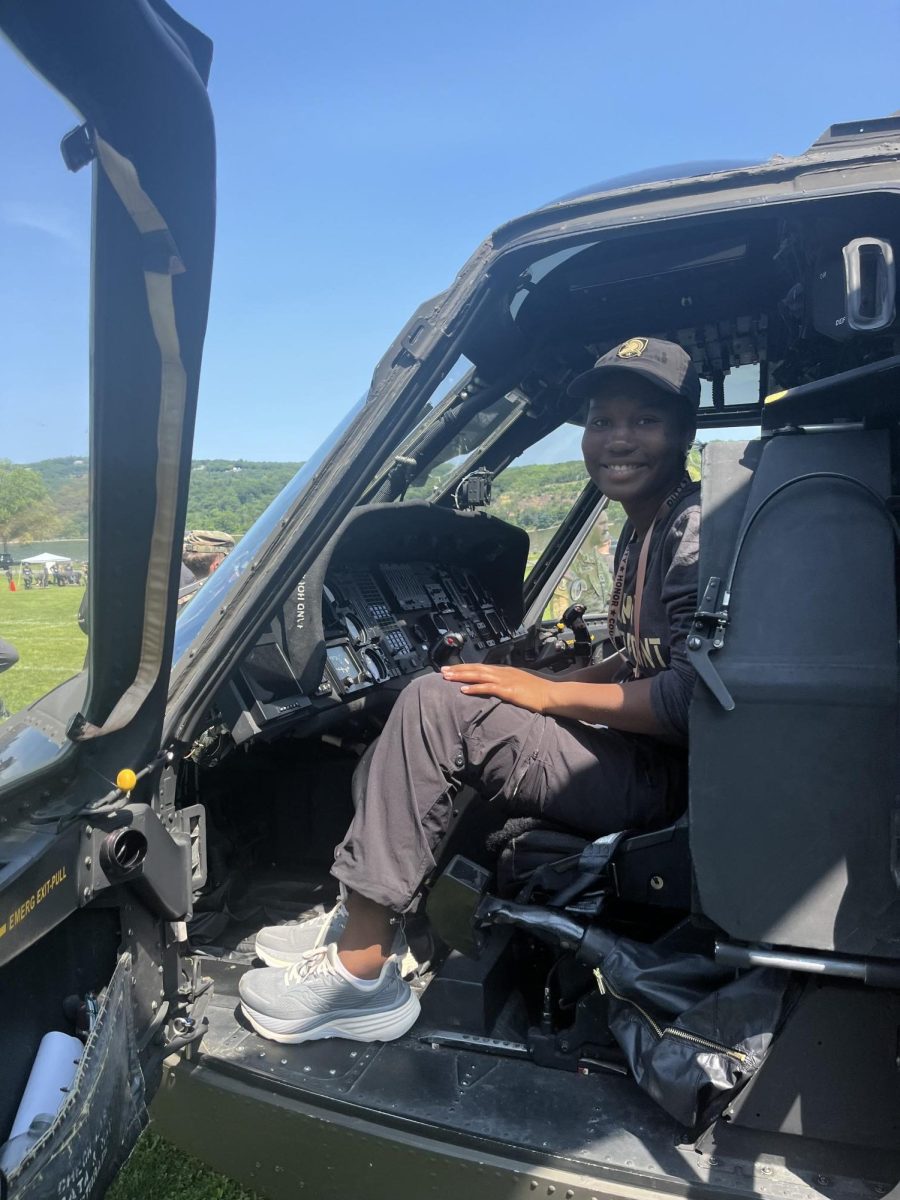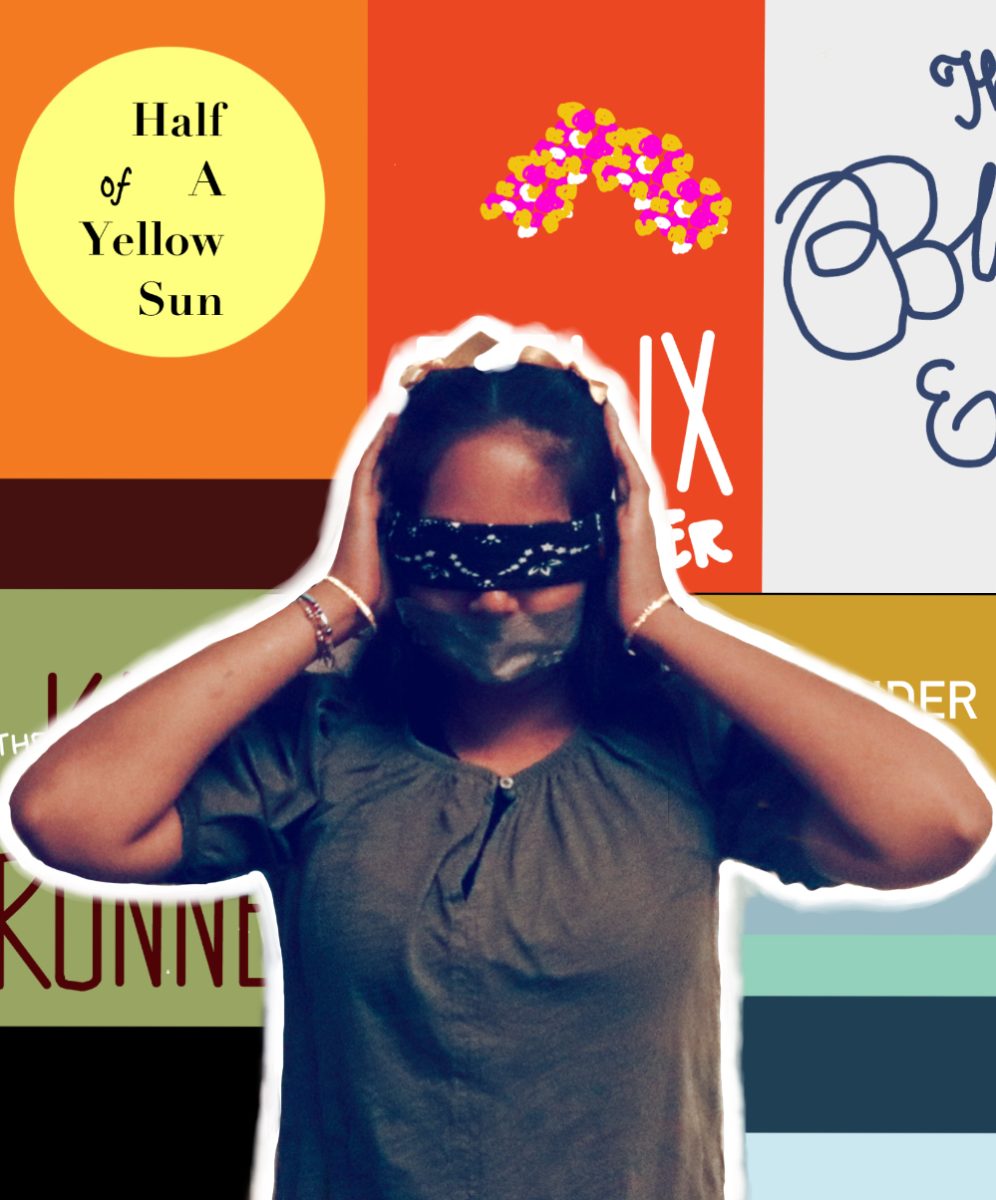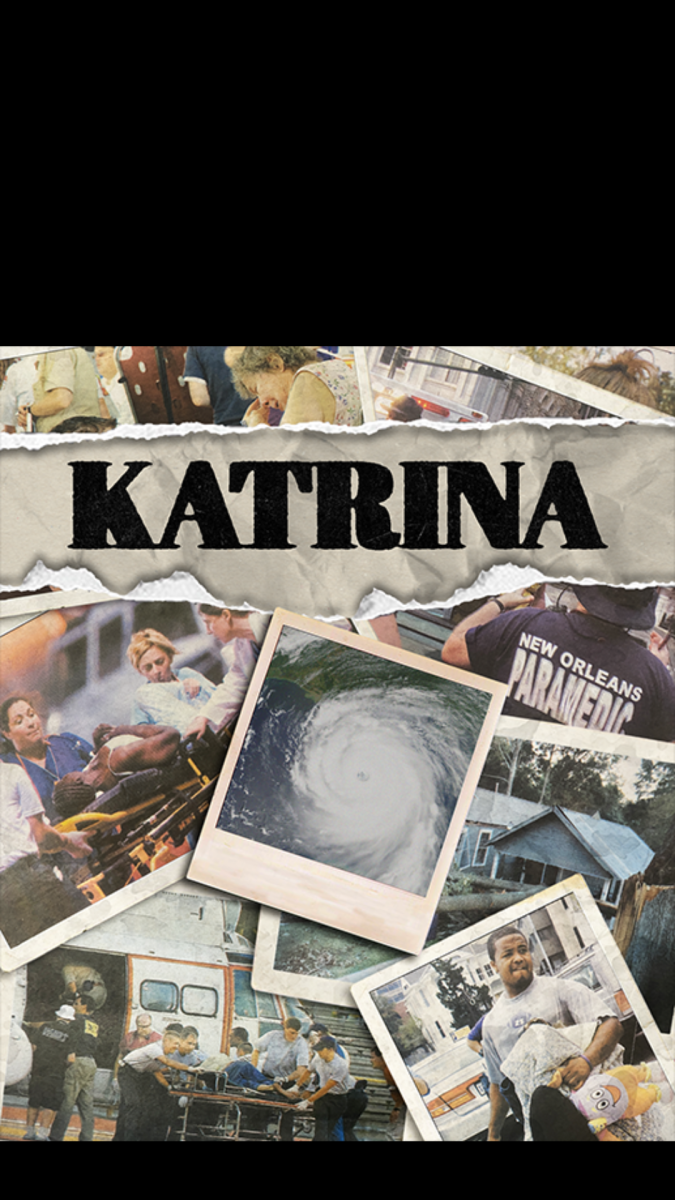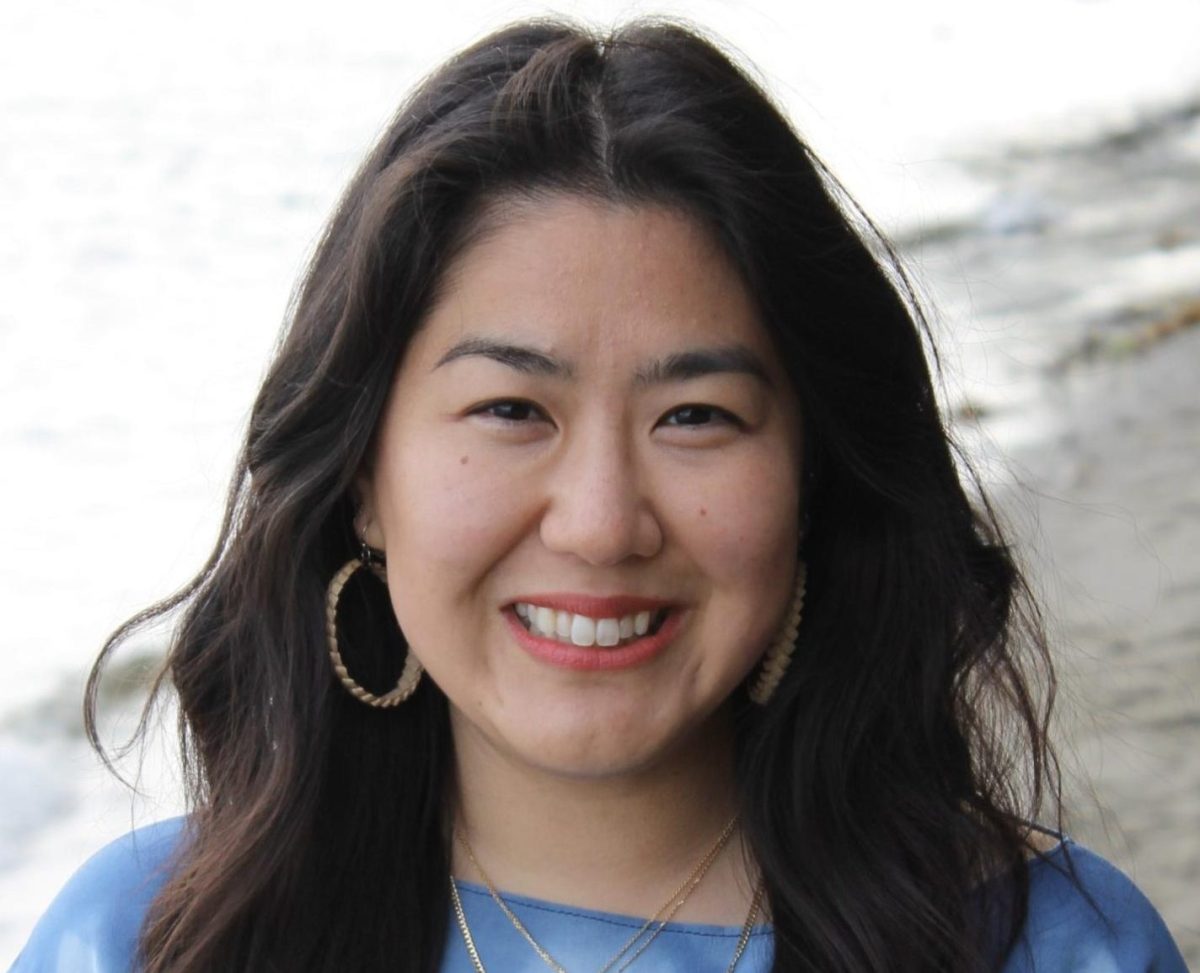Click on closed captions for the above video.

Society has generally become more comfortable talking about how to take better care of one another and ourselves mentally throughout the COVID-19 pandemic, yet many still act as though they are unaware or uneducated about individuals who need accommodations.
Specialized accommodations are available at many universities and public events. However, the average person doesn’t typically consider individuals who have a different way of living, and this must change if we are to have a more inclusive world.
I’m one of the few Deaf-Hard of Hearing students who utilize the interpreter services at the University of Central Missouri. I have severe-profound bilateral deafness, and it wasn’t until I was approximately 3 years old when it was confirmed by audiologists. When my family and I figured out what was going on, sign language became a part of our reality as I learned about the world of sound via hearing aids.
Without sign language, I wouldn’t have gotten as far as I have. I’ve been in the middle of the Deaf world and the hearing world all my life. I’ve come to find that I’m too deaf for the hearing folks and too hearing for the deaf folks. I’ve been labeled “hearing-minded,” meaning to think and behave like a hearing person, simply because I have the ability to communicate via verbal speech. However, I’m not just Hard of Hearing because as soon as I take out my hearing aids, I hear next to nothing. I am Deaf-Hard of Hearing. I’m not hearing impaired, there’s nothing impaired about me.
Many of my interactions with my fellow peers are impaired because many individuals think that I’m the one who needs fixing rather than taking responsibility to learn to accommodate.
Most people don’t realize I’m Deaf-Hard of Hearing until I tell them directly, otherwise they presume I’m rude and ignoring them. Various times throughout my life, I’ve experienced rude and ignorant questions about my hearing and communication ability.
I remind myself to have grace because we don’t know what we don’t know. I find myself resonating with those who feel unheard or stuck in the middle. I’m proficient with my verbal speaking abilities and lipreading skills and this leads to most of my interactions being verbal with the dependence of my lip reading abilities. However, I’m most comfortable when I have the freedom to communicate in totality, which means incorporating all means of communication, including: formal signs, natural gestures, fingerspelling, body language, listening, lipreading and verbal speech.
Imagine navigating a world of sound where you’re not always sure what you’re hearing is actually being processed correctly, where the dots you’re supposed to connect are ambiguous, where connections get misfired and disconnected. The weight of the responsibility to communicate is all on me. What will it take for us to share the load? How do we motivate each other to be more inclusive and accessible when communicating?
While I have been able to develop the skill of being able to code-switch and learn quickly via observation and hands-on experience, I’ve been doing most of the work to ensure I’m able to connect and understand others.
For a period of time, I tried so hard to influence people to learn sign language. Some would try for a short while and then it’d be no more. There were those who’d say they really wanted to learn but never actually put in the effort. Then there were those who’d say they don’t want to try at all because they’ve come to deem it as something that’s too hard for them.
It took a worldwide pandemic for me to feel less alone. When I returned to UCM in January of this year, I had one face-to-face course on campus, two online and one virtual; for the first time, I got on the Dean’s list. This semester, all of my classes are face-to-face, and I can already notice a significant difference. Socially and academically, things are much more taxing for the ones who rely on lipreading or feel more comfortable with sign language.
Nobody in particular is to blame when I tell you this: I’m tired. I feel grateful for random strangers approaching me just so they can use their sign language skills because it means more people are learning, but, truth be told, I feel guilty when all I want to do is dismiss them because I’m not a circus act to entertain them. It is a strange limbo to want others to be educated about the Deaf-Hard of Hearing community, yet be exhausted by constantly being the educator. I do not want pity. I want action. I want people to try to educate themselves by doing research, learn how to ask others for their communication preferences and respect that it’s not the responsibility of those within the Deaf community to educate those outside of it. I want to see what people are saying, and I want clarity amongst us.
This story was originally published on Muleskinner on September 29, 2021.

